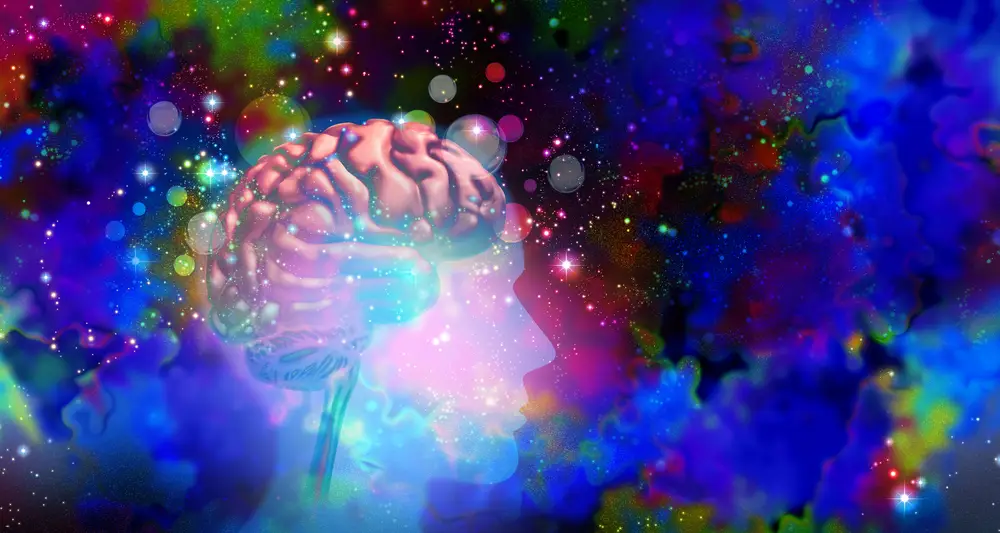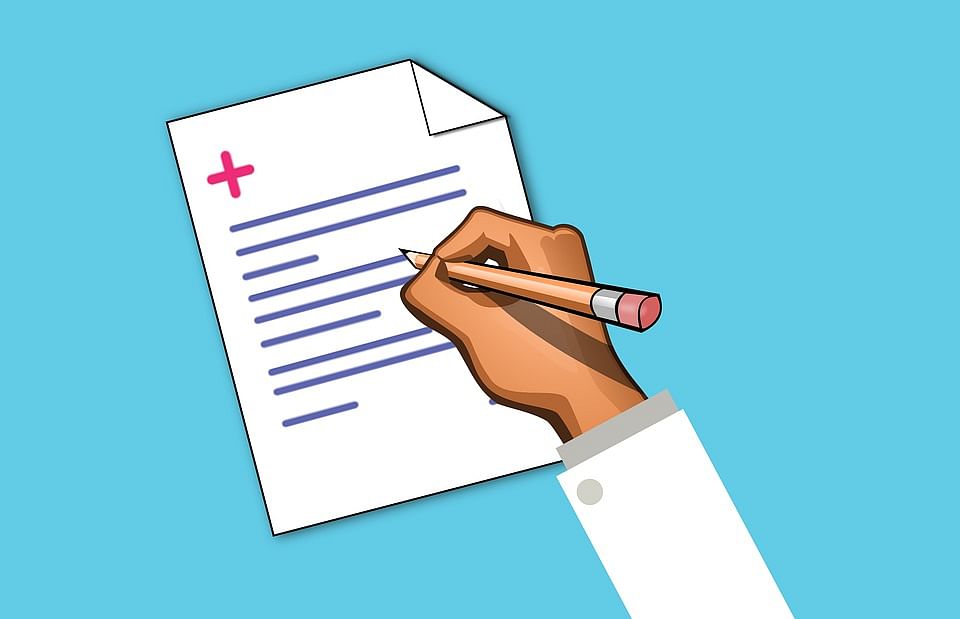Ketamine Therapy For Mood Disorders Like Depression
- Home
- Ketamine Therapy For Mood Disorders Like Depression
Have you ever felt withdrawn or like you are going through life without purpose? That describes approximately 280 million people, or 5% of adults worldwide, that are estimated to have depression by the World Health Organization (WHO).

Depression Facts
- Depression in adults is estimated to be 55% globally as of 2021
- Approximately 50 million Americans, or 19.86% of the U.S. population, are currently experiencing mental illness.
- 41.4% of people with depression are considered “treatment-resistant” after aggressive treatment without significant improvements.
- People diagnosed with depression have a 24.2% chance of remission, including those who are provided aggressive treatments with multiple drugs and hospitalization.
- 75% of people have adverse or withdrawal effects from antidepressants.
- 9% of Americans 12+ years old experienced depression
- Over 7% of adults have depression.
- 10% of Americans suffer from depression
- Adults 18-25 have the fastest rate of depression.
What Is Ketamine?
Ketamine is a short-acting “dissociative anesthetic” with hallucinogenic properties. Nitrous oxide and phencyclidine (PCP) are considered dissociative drugs. These drugs separate perception from sensation.
The potential of ketamine therapy as a treatment for depression and an antidote to suicidal thoughts has drawn some of the most prestigious researchers’ attention, like the Yale School of Medicine. They have studied it in controlled clinical settings and have also administered the medication with other treatments when necessary. All studies were supervised by highly-credentialed doctors who treat patients with hard-to-treat conditions like treatment-resistant depression and anxiety disorders.


How does ketamine feel?
Some patients describe the treatment as making them feel like they can manage life better than ever after being diagnosed with chronic pain or PTSD. Some even feel like a “dark cloud,” and heavy psychological burdens are removed from their shoulders thanks to ketamine therapy. Others say they feel like “you’re floating in color” and “have no sense of time” while on ketamine. The antidepressant effects are shorter-lived than some expect due to its rapid metabolism rate. Some people may only get one injection to treat their depression, and their mood improves significantly.
Ketamine helps alleviate symptoms like anxiousness or irritability caused by stressors from everyday life. For example, work deadlines, family issues such as a death, job loss, financial distress, or other emotionally draining issues can trigger depression. Another example is the impact that COVID-19 has had on mental health. As a result, depressive behaviors and symptoms have increased.
Some patients describe the treatment as making them feel like they can manage life better than ever after being diagnosed with chronic pain or PTSD. Some even feel like a “dark cloud,” and heavy psychological burdens are removed from their shoulders thanks to ketamine therapy. Others say they feel like “you’re floating in color” and “have no sense of time” while on ketamine. The antidepressant effects are shorter-lived than some expect due to its rapid metabolism rate. Some people may only get one injection to treat their depression, and their mood improves significantly.
Ketamine helps alleviate symptoms like anxiousness or irritability caused by stressors from everyday life. For example, work deadlines, family issues such as a death, job loss, financial distress, or other emotionally draining issues can trigger depression. Another example is the impact that COVID-19 has had on mental health. As a result, depressive behaviors and symptoms have increased.


Ketamine Clinically Prescribed Methods
- Injection/Intravenous
- Swallowed
- Inhaled/Nasal Spray
Within a few days following treatment, patients typically feel increased joy compared to before their medically assisted ketamine patient journey began. Many people notice an improvement longer than two weeks later and sometimes up to six months. It’s possible to need “maintenance” ketamine therapy or additional medical treatment like psychotherapy.
How are patients getting the best results from therapy?
Ketamine combined with psychotherapy yields the best results. Integrating psychotherapy is essential because, after the mind-altering ketamine treatment, people may have a lot to say as they develop new thought patterns that can be guided toward better outcomes with psychotherapy. It helps the patients unpack their mental “baggage” from past experiences that led them to mood disorders in the first place with a new perspective.
Ketamine provides relief for depression in most people but, just like every other medication available, not all patients experience the same effects or results. Researchers are still exploring why some people respond poorly and others feel better instantly after using ketamine as medicine for mental health conditions like PTSD or anxiety disorder.

